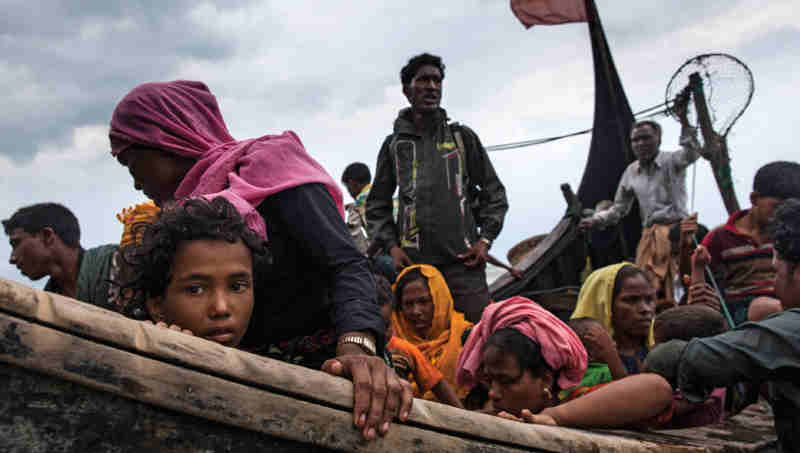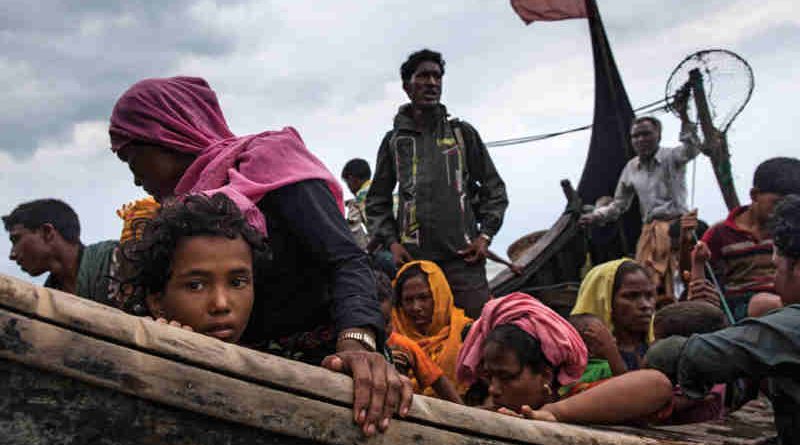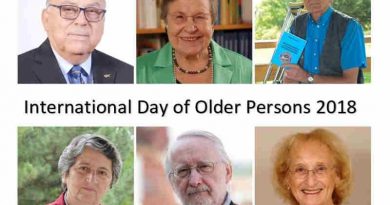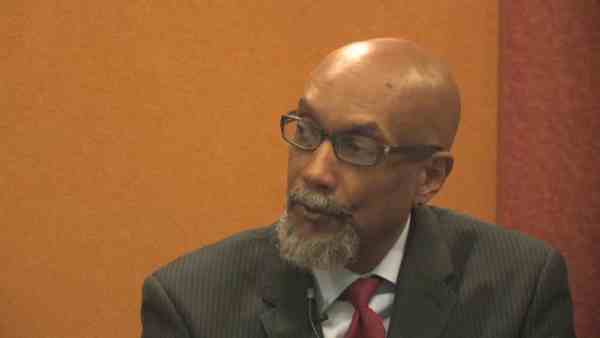Myanmar Military Junta Escalates Attacks on Civilians: UN Expert

Myanmar Military Junta Escalates Attacks on Civilians: UN Expert
Mass casualties among junta forces, as well as defections, surrenders, and recruitment challenges have led to dwindling troop numbers.
The steady decline of Myanmar’s military junta, driven by significant battlefield losses and widespread citizen opposition, has led it to escalate attacks on civilians, underscoring the need for stronger, coordinated international action, a UN expert said on March 20.
He called for an end to “appeasement and engagement with the junta without conditions”. “Going forward, the first condition must be to stop the killing.”
“While desperate and increasingly isolated, the junta remains extremely dangerous,” said Tom Andrews, UN Special Rapporteur on the situation of human rights in Myanmar, in remarks to the Human Rights Council.
“The past five months have seen a marked escalation of attacks on civilians, with airstrikes against civilian targets increasing fivefold,” Andrews said. “Now, it has launched a program of forced military recruitment, pushing young people to go into hiding, flee the country, or join resistance forces – young people who are unwilling to be drafted into the junta’s campaign of brutality.”
Particularly hard hit are the besieged members of the Rohingya community who are now being subjected to ongoing bombardment by junta forces. But, unlike most in Myanmar, the Rohingya are prohibited from moving to safety.
There are reports that a few days ago at least 23 Rohingya, including very young children, were killed in the bombardment of a Rohingya village in Rakhine State.
“These attacks and other systematic human rights violations against the Rohingya continue unabated despite provisional measures handed down by the International Court of Justice in the genocide case brought by Gambia and joined by several members of this Council,” the expert said.
“Unlike most in Myanmar, however, the Rohingya are prohibited from moving to safety. Now, the junta is trying to force young Rohingya to do the unfathomable – join the very military that committed genocide against their community,” he said.
Mass casualties among junta forces, as well as defections, surrenders, and recruitment challenges have led to dwindling troop numbers. The UN expert called this “an existential threat for the Myanmar military.”
“Those who have bet on the junta to restore order and stability in Myanmar have made a losing bet. The junta is the principal driver of violence, instability, economic decline, and lawlessness in the country,” Andrews said. He warned that the chaos in Myanmar could spill into the region and the world.
Andrews welcomed steps by governments to cut weapons and money supplies to the junta, but called for greater strategic coordination. He praised the government of Singapore for launching an investigation of weapons materials being transferred by Singapore based entities to Myanmar, as reported in his paper, “The Billion Dollar Death Trade” last year.
“I am very pleased to report that weapons transfers by Singapore-based entities dropped by approximately 80% in 2023,” he told the Human Rights Council.
“Until the junta’s atrocities are brought to an end, the international community must provide greater support to those who are risking their lives to deliver assistance to displaced and vulnerable people, including by ramping up funding for cross-border aid and civil society initiatives in opposition-controlled areas,” the expert said.
He urged States and UN bodies to help prepare for Myanmar’s transition by formally engaging the National Unity Government, ethnic resistance organizations, and Myanmar’s civil society as they build a political framework that affirms human rights, equality and justice as the pathway to peace.
Mr. Thomas Andrews (United States of America) is the Special Rapporteur on the situation of human rights in Myanmar. A former member of the US Congress from Maine, Andrews is a Robina Senior Human Rights Fellow at Yale Law School and an Associate of Harvard University’s Asia Center.
Courtesy: UN Human Rights Office





